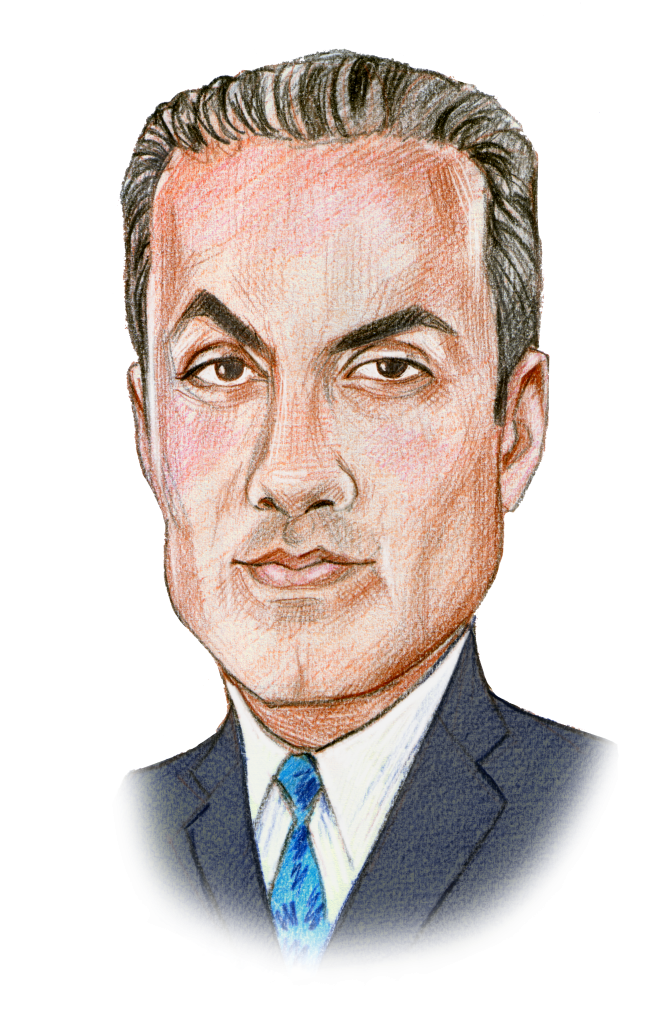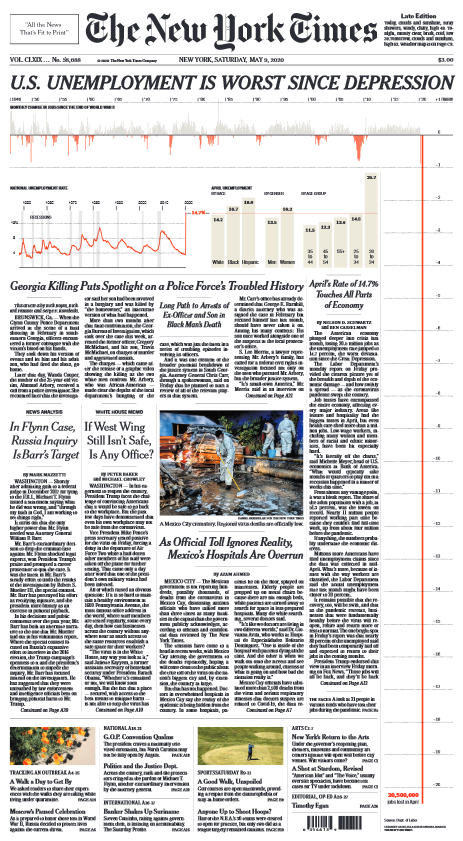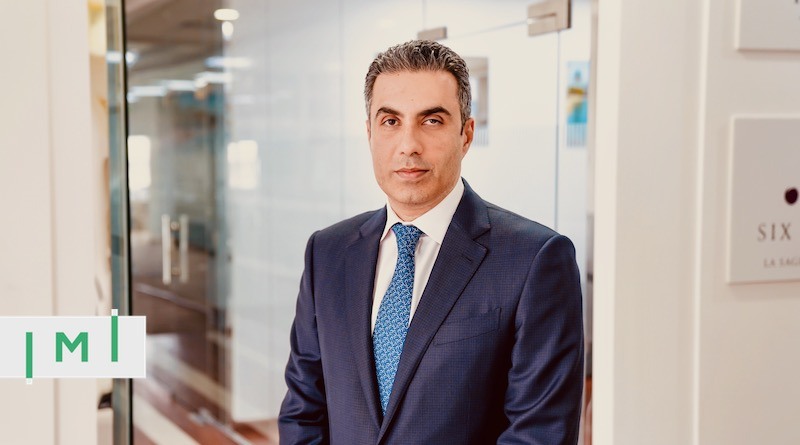“Migration by Investment” in the Era of Deglobalisation

Cross-Examination
With Mohammed Asaria
The CBI-market’s leading hotel developer offers a global perspective on the critical issues confronting the industry.
An audio version of this article is available in the IMI Club Members’ Lounge
Societies and economies are experiencing tectonic shifts to the scale caused by a world war. In the past two months, job losses could well have exceeded 500 million people globally with 36.5 million people having lost their jobs in the United States alone. Leading economists are projecting a 30 to 40 percent reduction in US GDP for Q2 2020. The y-axis on economic graphs have been recalibrated – such is the bleak and grim outlook for the world. The United Nations has warned over 1 billion informal workers face poverty.
The largest destruction of capital will take place in the emerging markets and will be under-reported in the world’s press until civil unrest is rife. The Global Financial Crisis of 2008 and its aftermath will be remembered fondly by comparison.

Marrying the current economic disaster with the resurgent trend of popularism over the past few years, the inevitable result is deglobalisation. In the past 4 weeks, bail-out after bail-out has shaken the foundations of free-market economic theories giving way to intertwined public and private sectors. Governments are demanding companies and supply chains come home. And all of this in three months without a single gunshot. Simply unimaginable.
A few weeks back, in my first piece in this series, I made the case it was premature to draw conclusions on the near- to medium-term outlook for the citizenship by investment industry or a particular country’s offering. As the ashes of the COVID-19 crisis begin to settle and we believe once again the world will continue to turn, some discernible patterns are emerging for our industry and market participants.
Globalisation has been bowled out and is walking back to the pavilion. It will return but not in the foreseeable future. For our industry, this means that visa-free travel will no longer be a primary consideration in an investor’s citizenship by investment decision matrix. It is still a required minimum, however, if visa-free travel is the only advantage a country’s offering has. No amount of discounts or special offers will re-create the demand enjoyed over the past period until globalisation returns to the crease. After a glorious decade, it will be hard for many to come to terms with this.
During this lockdown, I have interacted daily with scores of high net worth investors across the key emerging markets. They are mostly aligned in outlook. They fear political instability and serious civil unrest as poverty strangles their societies; from an economic perspective, their businesses have been forced onto the sidelines by their government’s public health response.
For some, difficult yet sensible decisions are being taken to liquidate these businesses and start afresh in pastures new; typically in the United States or established European economies. They are encouraged by the governmental support these established economies have benefited from and do not wish to find themselves in yet another emerging market economic collapse with no safety net as they approach their silver years.
Others, with very substantial, globalised businesses, seek to establish an additional physical presence in the United States or Europe to combat deglobalisation and weave themselves into the fabric of society in their consumer markets. Both groups of investors will invariably require a second citizenship that provides access and residency in the United States or European markets. Visa-free travel is a secondary concern.
Grenada, with unique E2 USA access, and Cyprus, providing a gateway to the mature European economies, have emerged as the citizenship by investment destinations of choice in the past few weeks, and will cement their positions in the months ahead. The two countries are distinguished by providing access to different economic blocs (the US and the EU, respectively) and their vastly different price points – Grenada is a mere 10 percent of the cost of the Cypriot option. I would be remiss if I didn’t mention Malta, which is a viable alternative to Cyprus. While Malta’s solution merits evaluation, its significant non-refundable government contribution will be a deterrent to many.
The direction of the citizenship by investment industry is clear. Truly high net worth investors will remain the only participants; the mass affluent have been decimated. High net worth clients demand more discernible service and customised solutions from their citizenship advisors. Professionalism, qualifications, and experience will prevail. The citizenship by investment industry is in the midst of a process of natural selection. Soon, the results will be evident.
Such is the difference in approach that perhaps it is time for a rebranding that more accurately reflects the phenomenon. “Migration by Investment”, anyone?
Interested in contributing an article to IMI? We welcome all submissions that conform to our article contribution guidelines.
[post_grid id=’51877′]
Mohammed Asaria is the Founder and Managing Director of Range Devlopments.
Asaria is a graduate of Trinity College, Cambridge and practiced law with Lovells for a number of years in the City of London before joining HSBC, Dubai as an investment banker.
Asaria founded Range Developments in 2012 and in that time Range has become the leading Citizenship by Investment developer in the Caribbean. Range Developments opened the Park Hyatt St Kitts in 2017, Kempinski Dominica in 2019 and is currently developing the Six Senses in Grenada.


